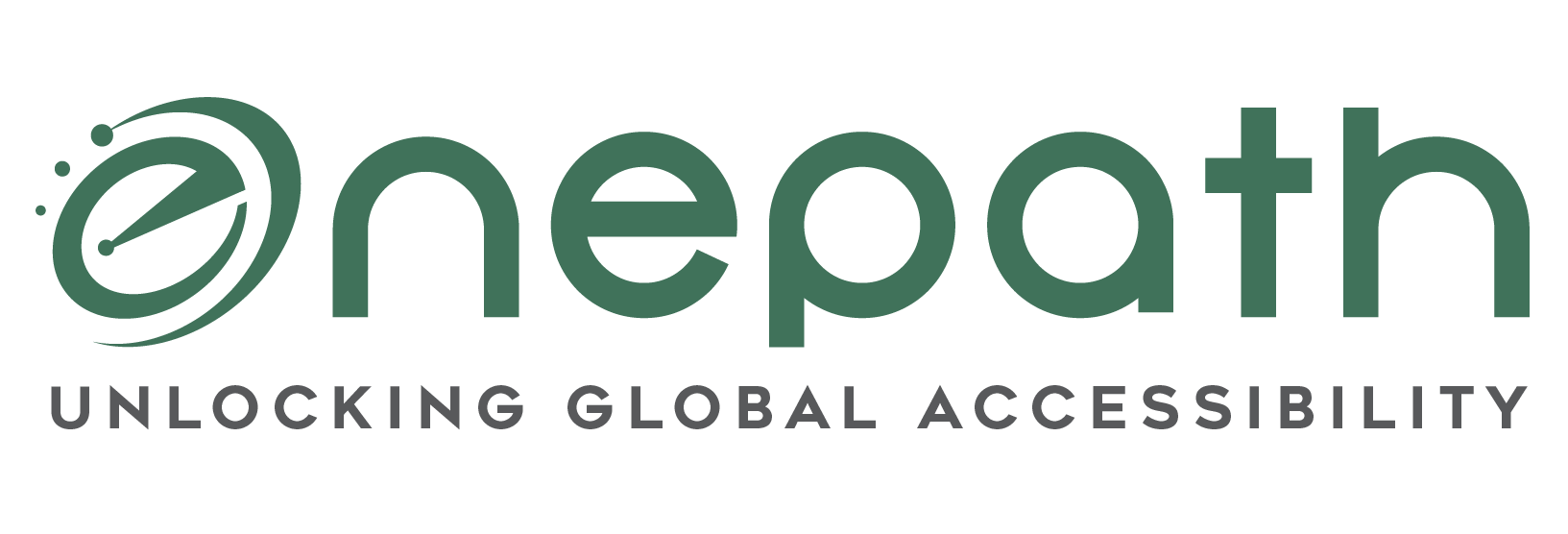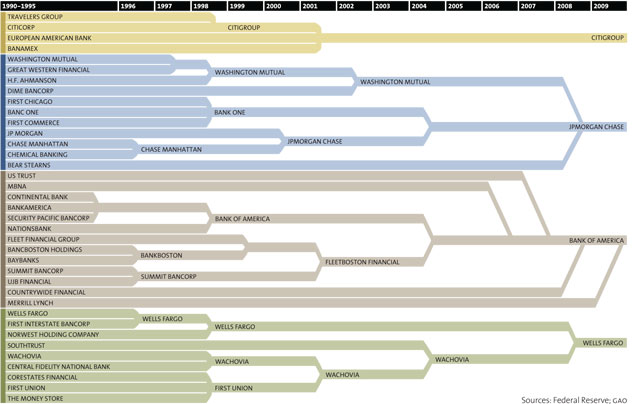Now that the dust has somewhat settled on the IPC/Etrali merger it is worth looking at what this might mean for the Trading Turret industry.
A number of industries are now experiencing a trend towards increasing supplier concentration. Many observers consider such concentration to be inefficient and bad for the customers involved. Not always of course, but often enough to warrant comment.
The American management guru Michael Porter, for example, highlights the following conditions that show a supplier group is becoming overly powerful and poses a definite threat to forward movement in an industry:
- The industry is dominated by a small number of companies and is more concentrated than the industry to which it sells
- It has not to date been required to contend with substitute products for sale in the industry
- Its products are an important part of the buyer’s business
- There are built-up switching costs in moving to a new product
The immediate effects of the conditions noted above usually revolve around the use of pricing power and the ability to impose new rules of engagement with the customer. (e.g. service related issues) In fact, studies show that over time, the biggest issue in this type of market is the lack of development of new products and new business models in order to respond as fast as is possible to those customers.
There are many examples of this. Airlines in the US (where flights have become more expensive and there are fewer of them); Content and Media (witness Disney’s concentration of media ownership and the resulting increase in cross marketing and content fees) and even US Banks (where almost forty banks have consolidated into four, see diagram below)
In each case, things seem OK for a while, then costs increase, new products are curtailed, innovation slows and spend on development reduces. The power in the market inevitably shifts away from the customer and toward the vendor.
At times like these it is ever more important for the customer to look around, see what else is on the horizon and ask themselves:
- Are there other solutions out there that do the job more effectively?
- Are those new solutions cost effective?
- Will any new solutions increase or decrease my risk profile?
- Will new solutions mean heavy cost to move to, even if they prove advantageous?
- Am I, as a customer, able to influence any new solution?
In order to help customers, it may be useful to look in more detail at some new areas that are being asked for across the Turret and Dealerboard industry:
- Customers want a solution that is at least as reliable as what they are used to. If it is demonstrably more reliable due to new technology, so much the better
- Customers want a solution that gives the traders everything that they need, but with new features that make it easier to use at the desk. Collaboration, greater control and quicker access are most often mentioned.
- Customers want a solution that is easier to buy and implement, and does not require masses of configuration and software updating to separate sub-systems to keep it working at capacity
- Customers want a system that adapts to changing needs: remote traders, disparate offices and mobile users are increasingly popular
- Customers want to be able to include Business Continuity in their system without adding extra overhead
- Customers want to know ahead of time the cost of the solution and how it will change if they increase or decrease its capability. If costs are linear then great
- Customers want an interface to the future, open not closed, with APIs ready to add items as needed
If you, as a customer, are able to get significantly new and better answers to these questions, and it was the decreasing number of suppliers in the industry has caused you to ask them, then perhaps you should thank Michael Porter above.
Whatever is happening, customers should be trying to get these answers sooner rather than later.
The Markets have changed significantly and so has technology, this additional change in supplier concentration now demands that any potential purchaser review their needs, much more than before and see if and how they may be better satisfied with their choice.

